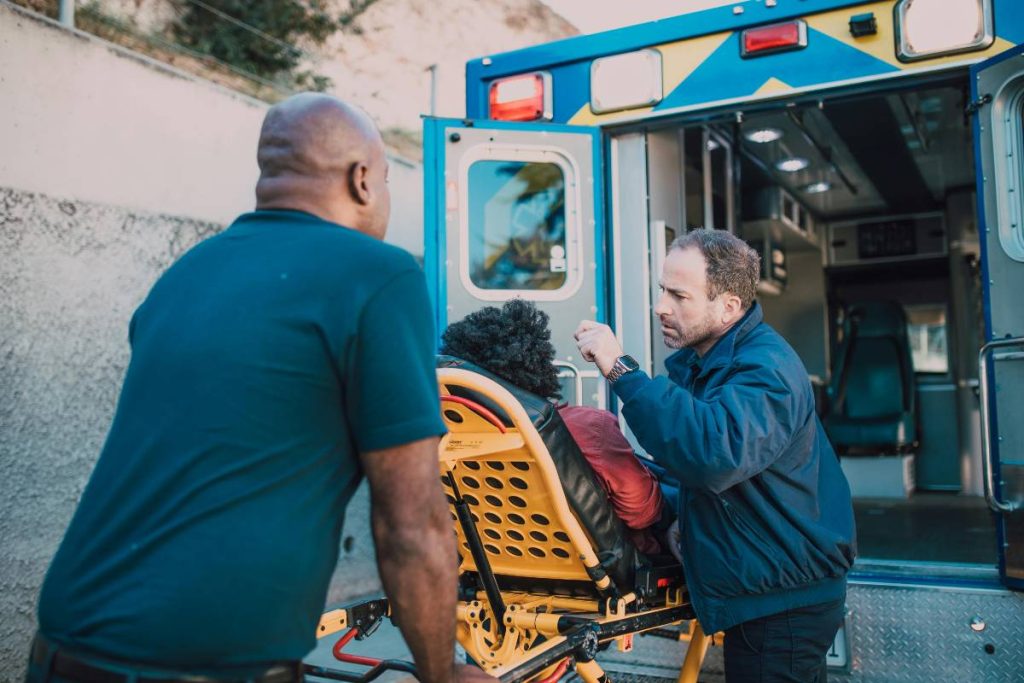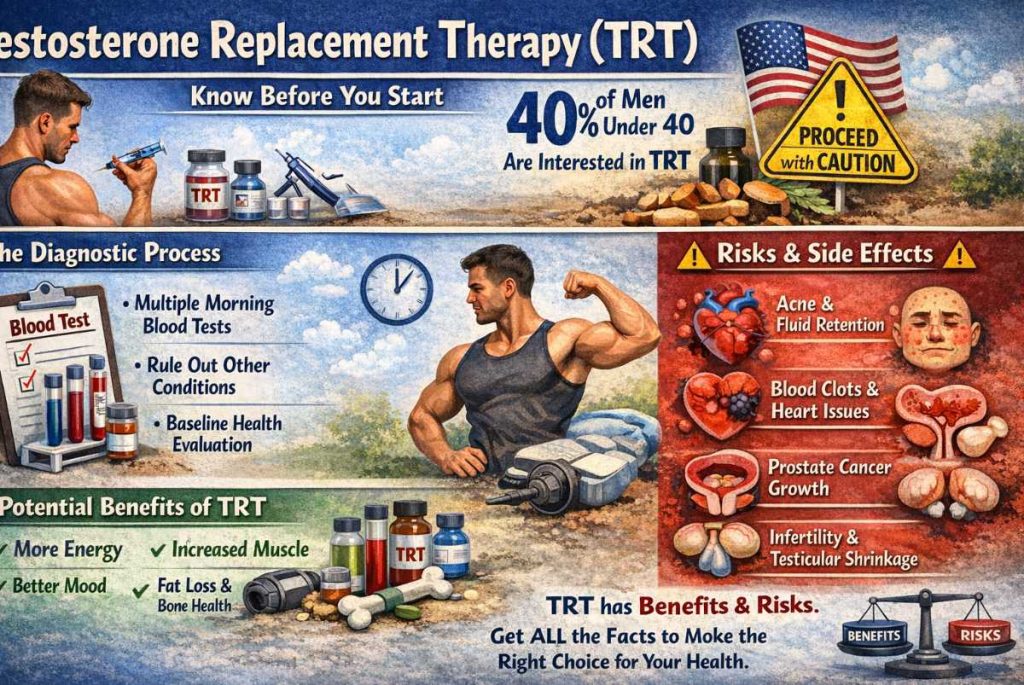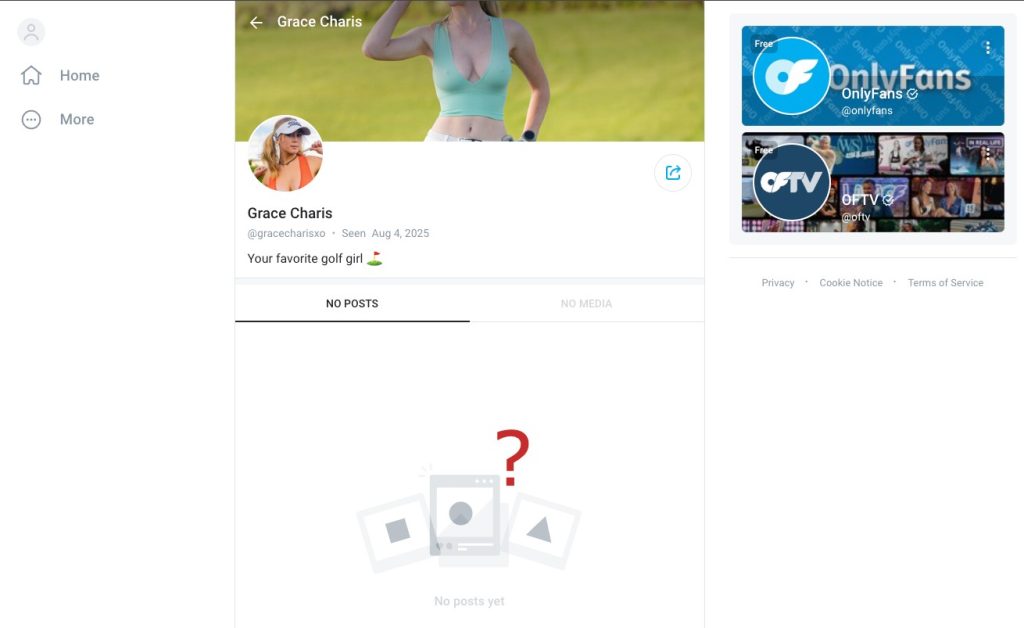Say you’re involved in a crash, and now you’re facing medical bills, and asking: who’s going to cover this? Here’s a walk-through of what happens in these situations as of 2025, and the order in which bills are paid, highlights less-known pitfalls, and gives you clear to-dos you can take to protect your recovery and your personal savings.
Your Own Insurance First — Health, MedPay, or PIP
When you’re hurt in any mishap, you’ll often rely on your own insurance first; it has become automatic for many.
- If you’ve secured health insurance, it will usually cover your initial treatment just like any other injury.
- If your auto policy includes MedPay (Medical Payments) or PIP (Personal Injury Protection), those cover your medical costs regardless of fault (in states that require or allow them).
- Using your own policy prevents providers from sending bills directly to collections while you sort out fault and liability.
Why they matter
Allowing your own coverage to sleep and not do its part will put you at risk of being stuck with unpaid bills even if it wasn’t your fault.
Fault Liability of the At-Fault Driver
Once the fault or entity accountable is determined, the other driver who caused your mishap (or their insurer) becomes responsible for your medical bills, up to policy limits and your state’s rules, usually:
- In “at-fault” states, your at-fault driver’s insurance will cover your medical expenses.
- In “no-fault” states, you’ll initially rely on your own PIP or health coverage, and you may only sue the driver at fault if your injuries meet certain thresholds.
- If another driver is deemed responsible, their bodily injury liability insurance needs to cover your treatment costs.
Knowing whether your state adheres to a fault or no-fault system affects how you can pursue payment and initiate your reimbursement.
Expert Assistance: Legal Help Matters
In car incidents, especially if your bills are piling up, you’re entitled to recouping them, which may not be automatic, but with effective means, it’s available. That’s where you need expert help and strategies from legal institutions like The Weinstein Firm, especially if you’re based in Nevada.
Over the years, crash-injury claims have become their specialty in the field; at the same time, they can help you have a well-informed walk through the process. They’d be your loyal partner in threshing issues, like:
- The incident’s fault is disputed
- Your treatment is still ongoing
- You’re unsure of coverage
- Fault issues, or the insurer’s unbecoming behaviour
- You’re losing money or settling too early
Hospital Liens and Subrogation — Why You Might Not Be Done Even After Settlement
Today, even if you win a settlement or the at-fault driver pays, your work is not finished yet. Here are some hidden terms you need to be aware of:
- Your health insurer or hospital may claim reimbursement (subrogation) from your settlement because they paid upfront for your care.
- Providers may place liens on your case so they’re paid out of your settlement funds rather than later suffering non-payment.
- If you settle your case without accounting for these claims, you could receive less than you expect.
Why they matter
There are many types of car accident injuries, which is why you have to document every cost, track Explanation of Benefits (EOBs), and make sure your lawyers or you negotiate for lien protections or reimbursement credit, as the case may be.
Practical Steps You Can Follow (From Now Onwards)
- You need to act now so the charges don’t spin out of control. Here’s a sequence you should follow:
- Get medical treatment immediately, and inform your health insurer that the injury is auto-related.
- Notify your auto insurer about the crash. Ask if you have MedPay or PIP and whether you’re in a fault or no-fault state.
- Collect and save all EOBs, medical bills, receipts for travel, therapy, and medication.
- Contact the at-fault driver’s insurer (if known) or your own uninsured/underinsured motorist coverage.
- Keep a detailed file: accident report, photos, witness info, medical records, and your cost log.
- Reach out to a qualified attorney (in your area or specialised in crash-injury recovery) to check if you’re being pressured to settle too soon.
- Before you sign any release or accept a settlement, ensure all hospital liens and subrogation claims are identified so you’re not left paying later.
These steps can help you recover more focused, your finances protected, so you avoid last-minute surprises from insurers or providers that can jeopardize the process.
Final Word
You’re hurting and bearing all the pain; you deserve peace of mind about medical bills and other costs. You’re in this, and you need to move from confusion toward clarity and control — and by following these steps.





